Dhaka, July 10 (V7N) – With just months remaining before a highly anticipated general election, Bangladesh’s interim government has unveiled an ambitious roadmap to overhaul the electoral process. Chief Adviser Dr. Muhammad Yunus has outlined sweeping reforms aimed at restoring public trust, depoliticizing administration, and tightening security measures ahead of a February 2026 vote. The directives, issued during a high-level meeting in Dhaka, mark a pivotal shift in the country’s approach to election governance.
Election and Law Enforcement Reforms
The Chief Adviser emphasized the importance of transparency by directing the exclusion of presiding officers who served in the past three general elections. Additionally, all polling stations—expected to number over 47,000—will be equipped with CCTV surveillance. Police personnel deployed during the election will wear body cameras to enhance accountability and deter misconduct.
Recognizing the risk of influence or bias from entrenched officials, Dr. Yunus proposed reassigning all Deputy Commissioners (DCs), Superintendents of Police (SPs), Upazila Nirbahi Officers (UNOs), and Officers-in-Charge (OCs) before the polls. A lottery-based assignment system is under consideration to ensure neutrality in selecting officials for election duties.
Furthermore, the Chief Adviser stressed that judicial magistrates must be trained thoroughly, and discussions are underway to expand the deployment of law enforcement personnel from the usual four days to a seven-day period surrounding the election.
Security Deployment and Risk Management
Police have identified approximately 16,000 polling stations as potentially high-risk. To ensure peace in these areas, law enforcement agencies will adopt advanced monitoring and rapid-response mechanisms. A total of 800,000 personnel from various agencies, including the police, Border Guard Bangladesh (BGB), Ansar, Coast Guard, and others, will be mobilized.
Specialized training for these forces will commence in August, focusing on field-level conduct, crisis management, and technology usage. The Chief Adviser has also directed the formation of monitoring cells at local and national levels to address any irregularities in real time.
Inclusion, Fairness, and Technological Integration
To promote inclusivity, measures are being considered for first-time voters, especially those aged 18–33. Separate booths and lists may be introduced to provide a smooth voting experience. The government also reaffirmed its commitment to keeping internet services active on election day to maintain communication and transparency.
With concerns about partisan election observers in past polls, strict guidelines will be enforced to prevent political operatives from registering as observers. The government expects up to 200,000 domestic and international observers to participate in monitoring the election.
Electoral Justice and Constitutional Considerations
The Chief Adviser instructed legal experts to explore the possibility of reinstating the Election Commission's power to annul results in polling stations where significant irregularities are found. In line with broader reforms, discussions continue regarding how to include external experts in the parliamentary constituency boundary delimitation process, even though this responsibility constitutionally rests with the Election Commission.
Opposition and Civil Society Response
Political reactions to the reform announcements have been cautiously optimistic. BNP Vice Chairman Shamsuzzaman Dudu described the initiatives as positive but emphasized the importance of implementation. Jamaat-e-Islami leader Dr. Syed Abdullah Md. Taher reiterated the need for a level playing field and tangible progress in electoral reforms and justice.
Samanta Sharmin, Joint Coordinator of the Nationalist Citizens Party (NCP), raised concerns about the operational independence and readiness of law enforcement. She criticized any appearance that the Chief Adviser may be facilitating elections solely at the behest of a single political party or to resolve personal legal challenges.
Following a joint statement issued after a June meeting in London between Dr. Yunus and BNP Acting Chairman Tarique Rahman, it was indicated that the general election could be held before Ramadan 2026, conditional on visible progress in reform and justice. The BNP has since shifted from demanding a December 2025 election to accepting a February 2026 timeline.
Meeting Participants and Future Steps
The security-focused meeting at Jamuna included high-ranking officials such as the Home Affairs Adviser Lt. Gen. (Retd.) Md. Jahangir Alam Chowdhury, National Security Adviser Khalilur Rahman, and Special Assistant Khoda Bakhsh Chowdhury. The Inspector General of Police (IGP) Baharul Alam, BGB Director General Maj. Gen. Mohammad Ashrafuzzaman Siddiqui, and heads of Ansar and Coast Guard were also present.
IGP Baharul Alam confirmed that extensive training and coordination strategies would be implemented, with the goal of achieving a seamless and credible election process. Striking forces from the army will remain on standby but will not exercise magistracy powers, as per the current directive.
Conclusion
As Bangladesh prepares for what could be a pivotal election in early 2026, the interim government led by Dr. Muhammad Yunus is placing emphasis on institutional reform, neutral election management, and enhanced security. With the countdown underway, the effectiveness of these measures will be closely scrutinized by citizens, political parties, and international observers alike.



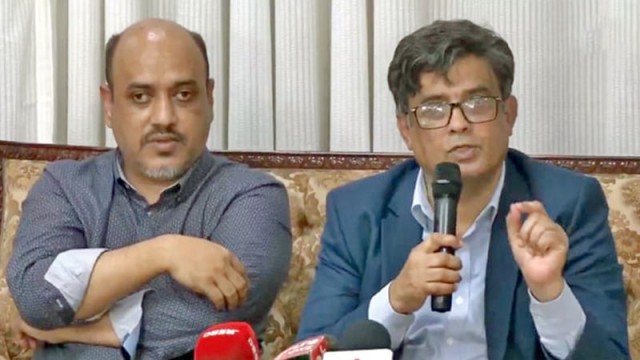
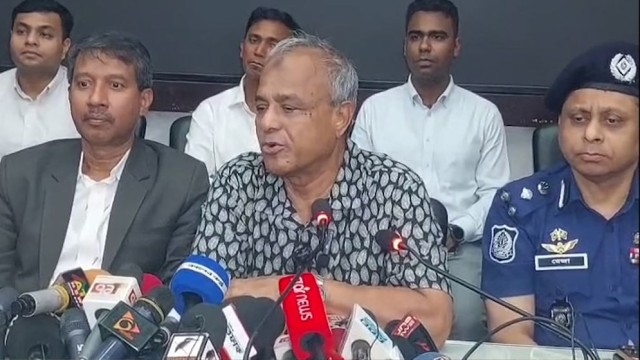
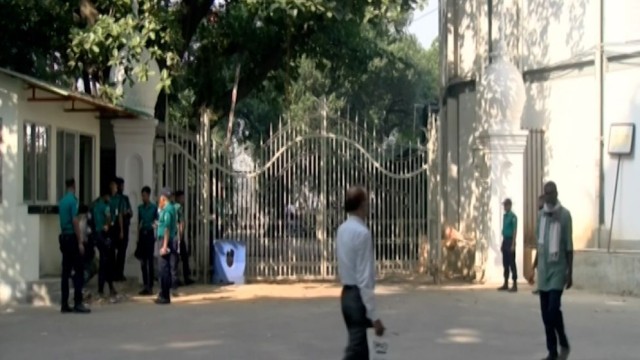
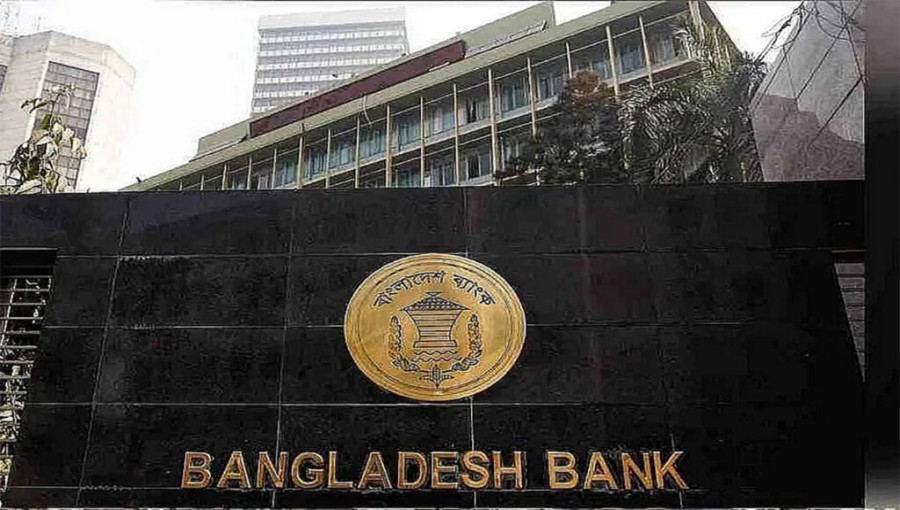
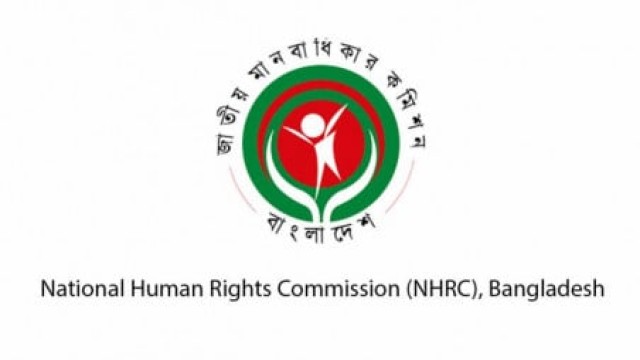
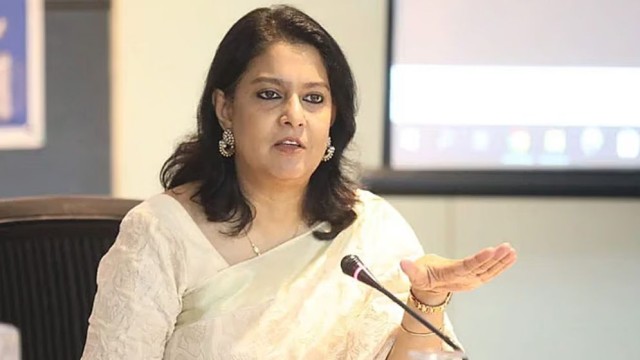
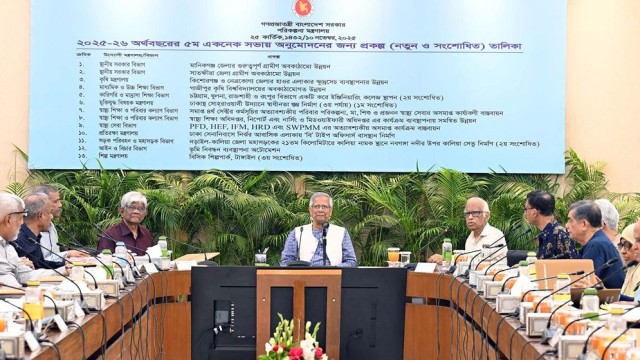
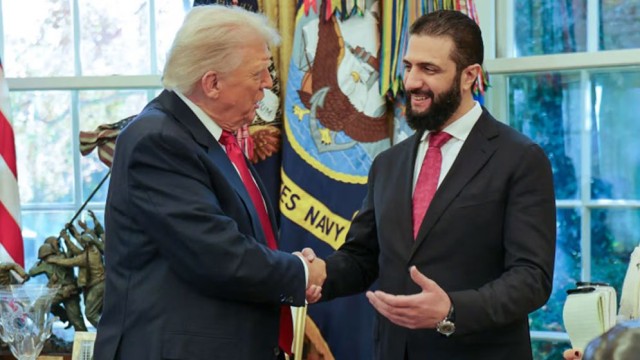
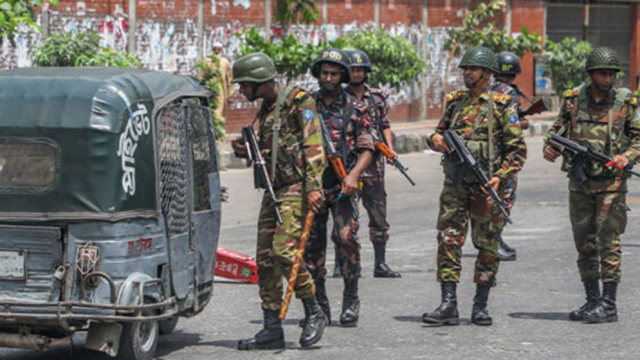
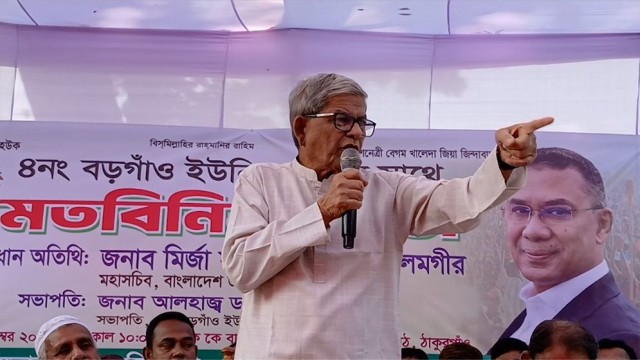
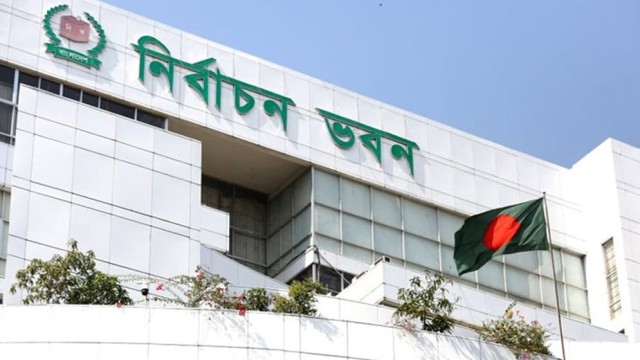
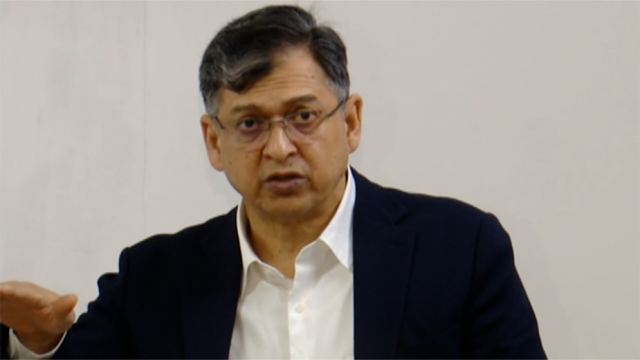
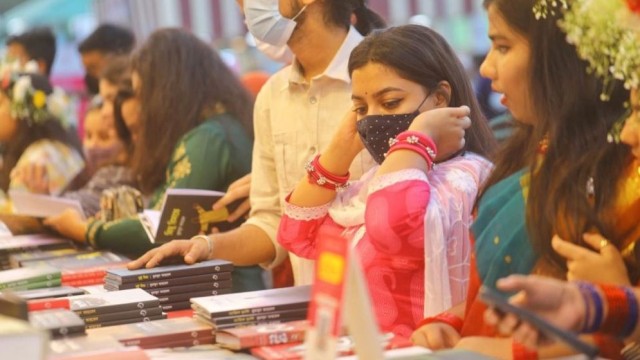
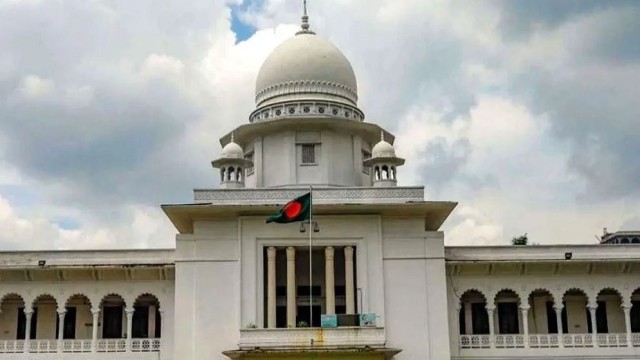
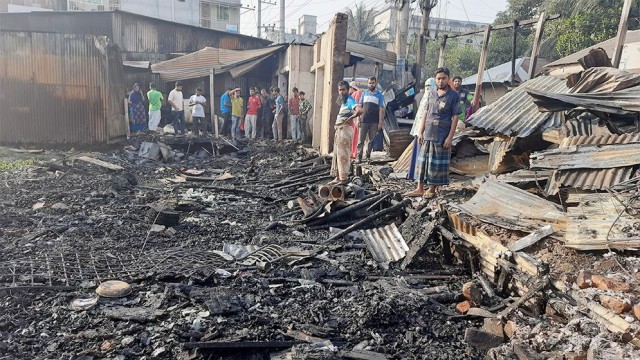


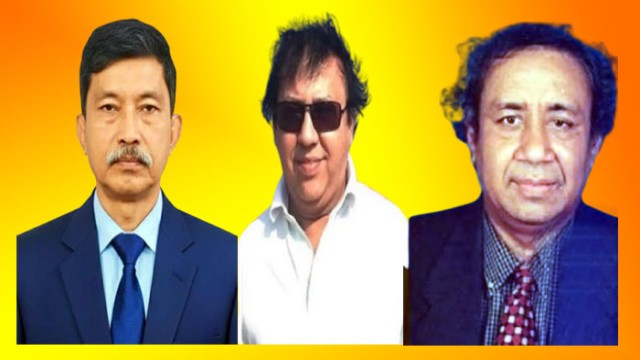
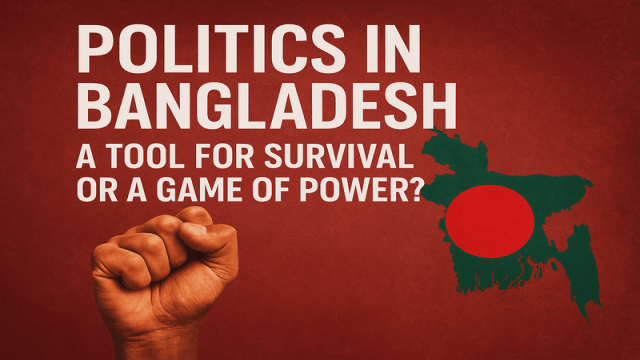
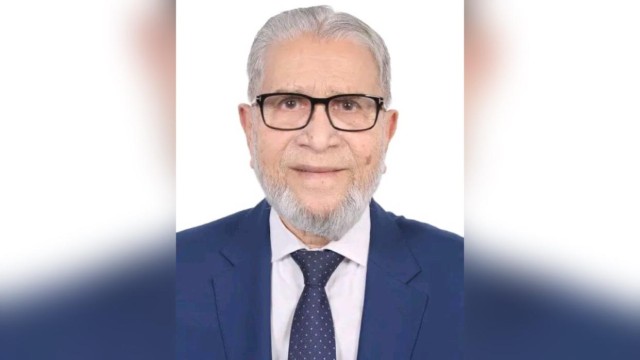
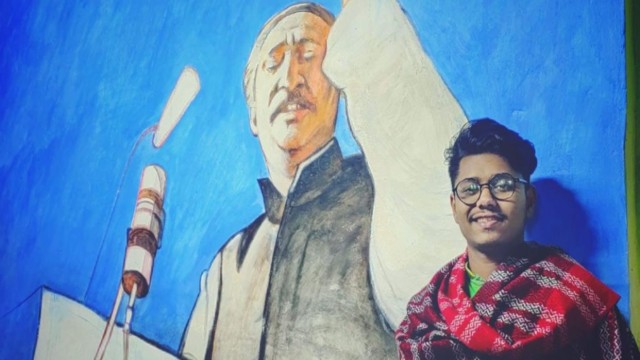
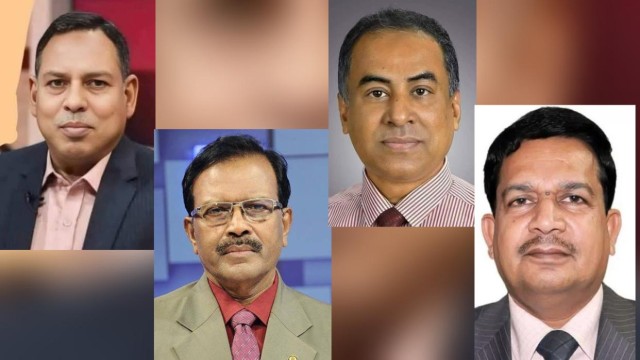
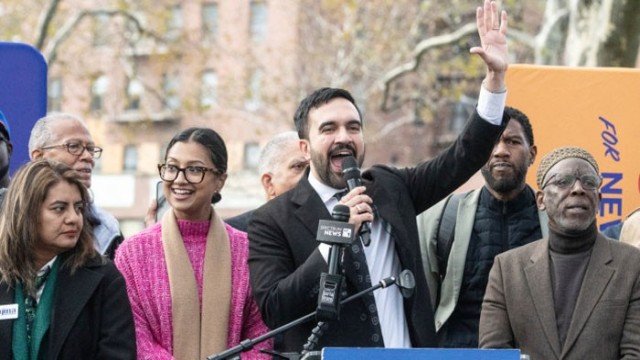
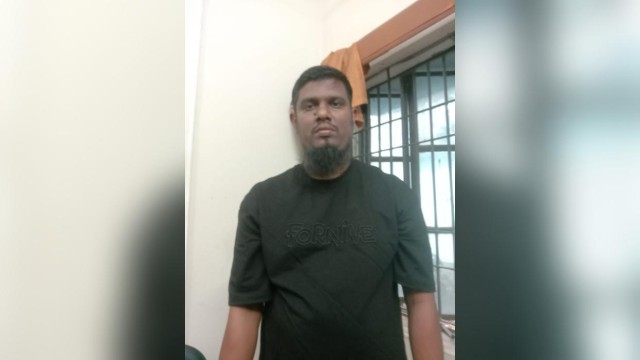
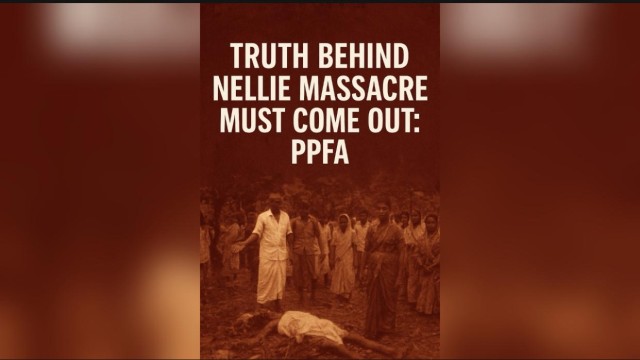
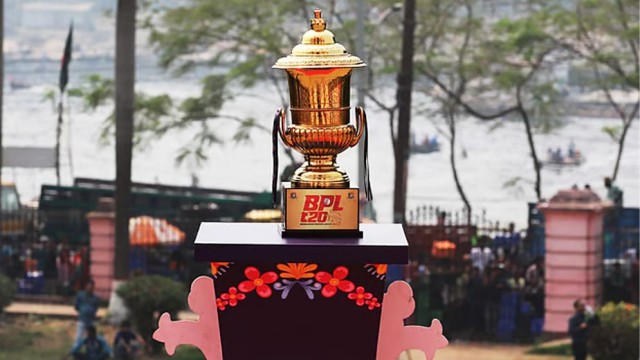
Comment: